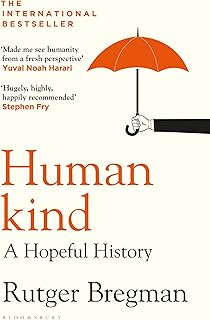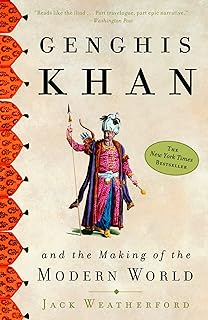A controversy has erupted surrounding Arthur Cheliotes, the board chairman of CUNY’s School of Labor and Urban Studies, who has been accused of spreading “antisemitic” conspiracy theories and false information about the Gaza war involving Israel and Hamas. Critics have condemned Cheliotes for his online posts that likened Israeli Prime Minister Benjamin Netanyahu to Adolf Hitler and propagated unverified claims about the Gaza conflict.
Cheliotes, a key figure in establishing the CUNY Labor School, shared a series of allegations on social media, suggesting that Israel orchestrated the Gaza massacre as a ploy to seize control of the region. These claims, including assertions about Israeli actions before the conflict and the manipulation of events, have drawn sharp criticism for their inflammatory nature and lack of factual basis.
Former City University Board of Trustees member Jeffrey Wiesenfeld denounced Cheliotes as an “imbecile and antisemite” for perpetuating such theories. He emphasized the need for accurate assessment of the situation, highlighting the grave consequences of the Gaza attacks and the ensuing conflict. Wiesenfeld condemned the exploitation of tragic events for political agendas and labeled Cheliotes’ actions as deeply offensive and discriminatory.
Cheliotes, however, defended his posts, insisting that his views were reasonable and refusing to acknowledge the conspiratorial nature of the information he shared. He went on to suggest that Netanyahu had ulterior motives in prolonging the Gaza war to evade legal repercussions, doubling down on his controversial assertions despite mounting criticism.
The controversy surrounding Cheliotes is part of a broader concern over rising antisemitism and anti-Israel sentiments on CUNY campuses. Recent incidents, including violent protests and clashes related to Israel, have prompted calls for stricter measures to address discrimination and hate speech within the university community. Governor Kathy Hochul’s directive for a comprehensive review of antisemitism at CUNY underscores the seriousness of the issue and the need for proactive measures to combat intolerance.
As debates continue over free speech, academic freedom, and responsible discourse in educational institutions, the case of Arthur Cheliotes serves as a stark reminder of the challenges posed by the dissemination of misinformation and divisive narratives. The impact of urban conspiracy theories on public perception and social cohesion underscores the importance of promoting informed, respectful dialogue and countering harmful ideologies that fuel prejudice and hostility.
📰 Related Articles
- Whip Controversy Surrounding Jockey Alvarado’s Kentucky Derby Win Sparks Debate
- Conspiracy Theories Surrounding Hurricane Milton Spark Concerns
- Conspiracy Theories Surrounding Cyclone Alfred’s Unusual Behavior Persist
- Beyonce Conspiracy Theory Sparks Online Controversy and Speculation
- White House Stunned by Illegal Wiretap Allegations Fallout






